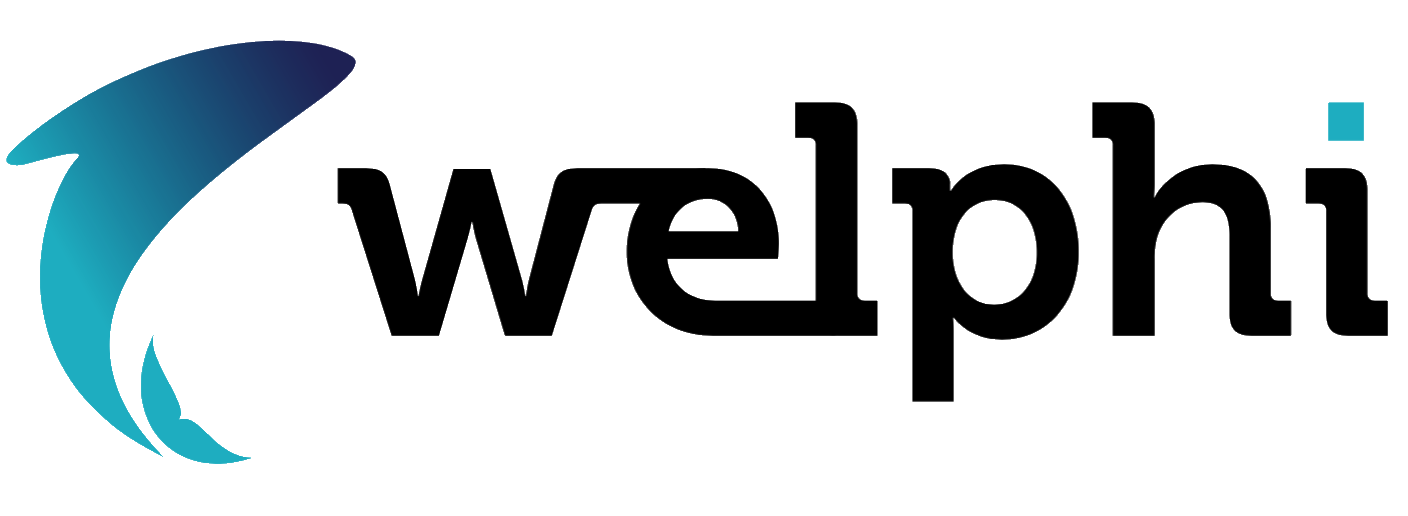Enhancing knowledge construction processes within multicriteria decision analysis: The Collaborative Value Modelling framework
Enhancing knowledge construction processes within multicriteria decision analysis
The Collaborative Value Modelling framework
Paper
Vieira, A., Oliveira, M. and Bana e Costa, C., Enhancing knowledge construction processes within multicriteria decision analysis: The Collaborative Value Modelling framework. 2019, Omega 94
Delphi & MCDA Combined
Post Covid-19
Time.
This challenge can be tackled by enhancing multicriteria decision conferencing with an all-embracing (Web-)Delphi participatory process.
Source/Company
Ana C.L. Vieira, Mónica D. Oliveira, Carlos A. Bana e Costa
Authors
Volume 94, July 2020, 102047
Published Online
Abstract
This paper proposes a new Collaborative Value Modelling framework, that combines Delphi and multicriteria decision conferencing, to build widely informed evaluation models. Multicriteria Decision Analysis (MCDA) is commonly used to help decision-makers and other stakeholders in complex evaluation contexts. Further to the technical soundness and meaningfulness of the methods and tools used, it is critical to design adequate social processes to promote shared understanding around key evaluation issues while capturing multiple stakeholders’ values and perspectives. Multicriteria decision conferencing processes have been typically adopted for collaborative modelling using MCDA methods in decision conferences with relatively small groups. Such a socio-technical approach has proven to be effective, in a variety of contexts, in creating a collaborative environment that enables surfacing individual beliefs, identifying common concerns, managing eventual value conflicts and promoting agreement in group model building. But, extending this framework to broader participatory contexts requires a different design of the social process, in order to ensure that model building captures the full panoply of points of view. This challenge can be tackled by enhancing multicriteria decision conferencing with an all-embracing (Web-)Delphi participatory process. We depart from the existing collaborative knowledge acquisition methodology to design, with the Delphi method, a participatory knowledge construction process that elicits and analyses individual judgemental knowledge from a (very) large and diverse number of stakeholders. The knowledge acquired is then digested by a small group of key-players, in a subsequent decision conferencing, to collaboratively develop a widely informed multicriteria evaluation model. This new Web-Delphi-decision conferencing social setting has been tested already in real complex evaluation contexts using a specific multicriteria method, the Measuring Attractiveness by a Categorical Based Evaluation Technique (MACBETH), to develop a variety of value modelling activities. We call this socio-technical design the Collaborative Value Modelling framework. Here, we describe its real use to support the construction of value functions, focusing on how the judgemental knowledge collected flows between the participatory and collaborative stages of the framework. Results validate that enhancing MACBETH decision conferencing with an ex ante Web-Delphi process fosters higher participation and collaboration in multicriteria modelling.
- Ana C.L. Vieira
- Mónica D. Oliveira
- Carlos A. Bana e Costa
Volume 94, July 2020, Article 102047
Published Online: March 14, 2019
© 2019 Elsevier Ltd. All rights reserved.
Other Papers
Priority indicators for evaluating the impact of field epidemiology training programs – results of a global modified Delphi study
Promoting Sustainable Urban Walkability: A Modified Delphi Study on Key Indicators for Urban Walkability in Gulf Cooperation Council Urban Streets
Development and refinement of the Clinical Global Impression of Improvement for Non-seizure Symptoms measure in Dravet syndrome and Lennox-Gastaut syndrome
Want to receive paper updates?
No worries, we don’t spam your inbox.

